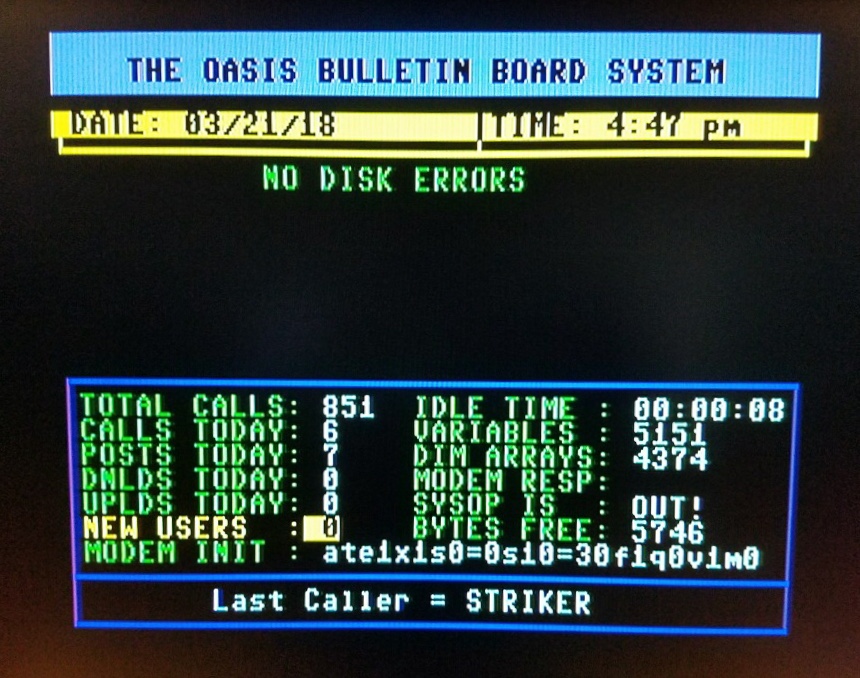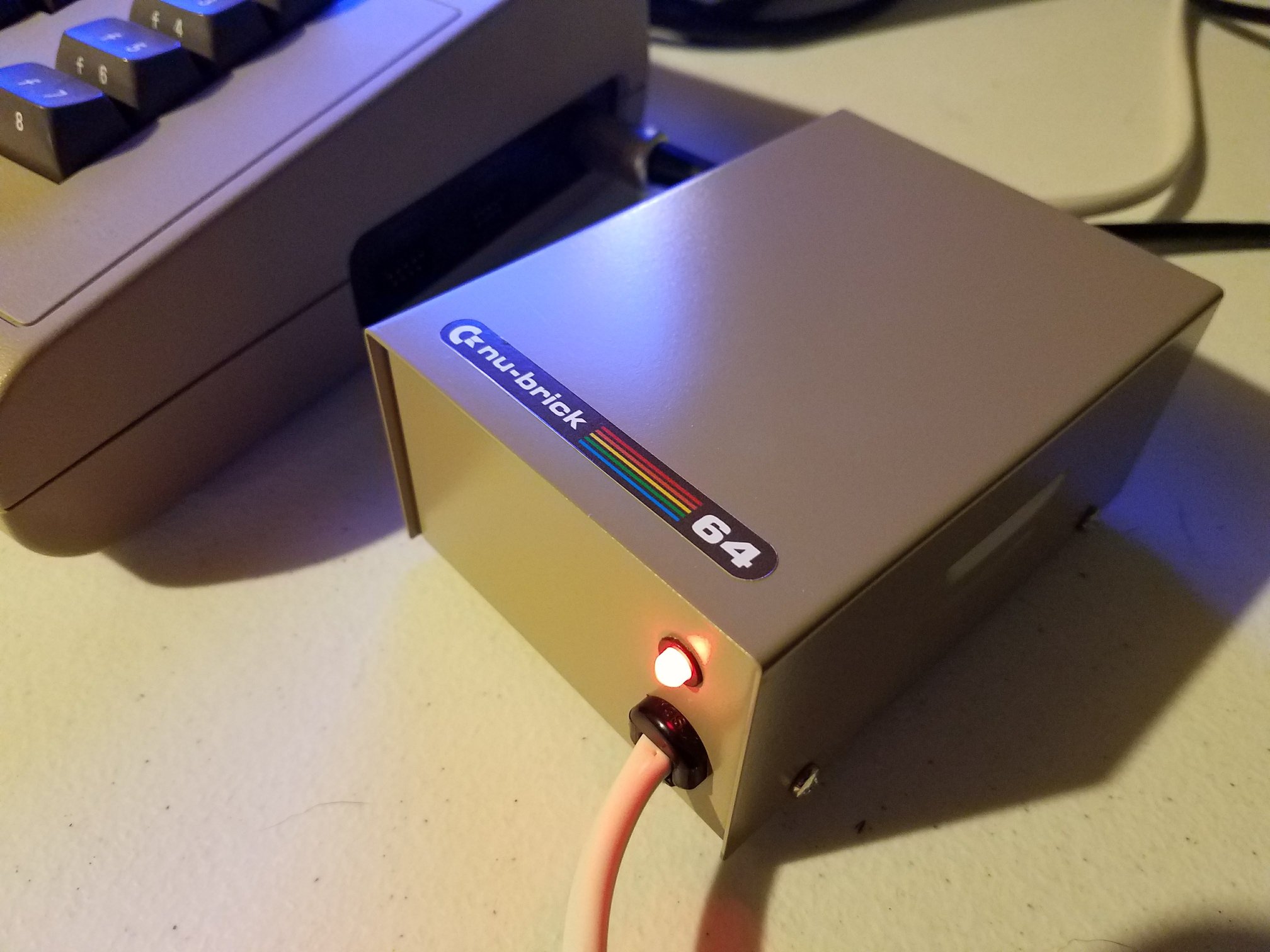The Bad Apple Tile Demo has taken the Foenix F256K2 board to new heights, showing just how far this 8-bit inspired machine can be pushed. Following the first version of Bad Apple, which ran in text mode at 20 frames per second with synchronized MP3 audio, this new edition delivers an ambitious upgrade.
Created by JohnB, the Tile Edition pushes the hardware in remarkable ways. The animation spans 2192 frames and, if streamed directly, would require over 168 megabytes of data. That is far beyond the memory capacity of the F256K2. To solve this, the demo uses a tile-based approach.
Each frame is rebuilt from a grid of 8×8 tiles. These tiles are pre-loaded into memory before playback begins. During animation, the system streams only the arrangement of tiles for each frame, drastically reducing the amount of data required. In this case, the entire sequence, including tile sets, compresses to under 6 megabytes.
The demo streams both tile data and 128kbps MP3 audio using the F256K2’s microkernel API. Playback runs on the classic MMU core at 6MHz. While audio streaming to the onboard VS1053 chip shows minor hiccups, performance is strong overall.
Future improvements are already on the horizon. Planned updates include experimenting with custom font sets, optimizing for Core2 to double CPU speed to 12MHz, and refining MP3 streaming reliability. These enhancements could make the Bad Apple Tile Demo run even smoother while taking advantage of the F256K2’s growing capabilities.
The result is an impressive demonstration of creativity and efficiency, transforming a demanding animation into something entirely feasible on an 8-bit inspired platform. Watching it in motion makes clear how much potential the Foenix hardware holds for developers and enthusiasts alike.
The accompanying video offers a closer look at this technical achievement, including playback in real time. For fans of the Foenix F256K2 line or anyone interested in inventive approaches to graphics compression, this is well worth watching.







